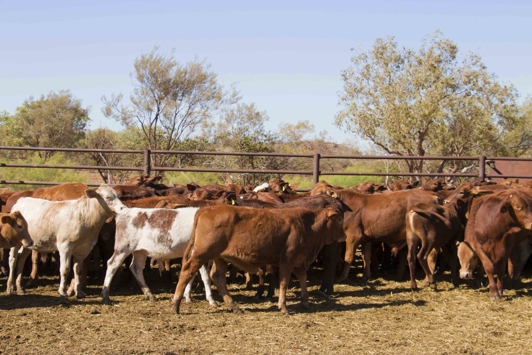There are things you can do to prepare for an animal disease outbreak in Western Australia. See the recommendations below to be ready to detect and respond to an emergency animal disease outbreak.
All livestock owners should have a high level of biosecurity on their property, including accurate records of livestock movement. To access farm biosecurity resources, visit the Farm Biosecurity Program website.
Livestock identification and recording livestock movements in the National Livestock Identification System and correctly filling out waybills are the cornerstones of our livestock traceability system. These measures are critical in the event of a disease outbreak, allowing industry and government to trace infected or exposed livestock and respond rapidly. WA exports 80% of its livestock and livestock products annually which would be impossible without an effective traceability system to verify the food safety and health status of the livestock.
Livestock owners should visit the livestock ownership, identification and movement section for information on how to meet these mandatory requirements.
Livestock producers must be alert for signs of disease in their animals. If animals are showing signs of illness consistent with an EAD, this needs to be reported.
Find out more at Reportable animal diseases.
Australia’s Emergency Animal Disease Response Agreement and Australian Veterinary Emergency Plan (AUSVETPLAN) set out the nationally agreed approach that would be taken to respond to an outbreak of an EAD in Australia.
For more information about EAD prevention and preparedness, contact your local department veterinarian.
Diseases to report
Review the list of reportable animal diseases in WA and how to report unusual signs of disease.
View reportable animal diseasesExamples of disease threats
In 2022, the threat of 2 significant livestock diseases, foot-and-mouth disease (FMD) and lumpy skin disease (LSD) highlighted the importance of emergency animal disease prevention and preparedness following the detection of these diseases in Indonesia.
These diseases are not harmful to humans but can have a devastating impact on livestock production and international trade.
Advice for travellers
If you're travelling, please do your part to keep WA free from emergency animal diseases which could have devastating consequences for our primary industries.
Before you bring or mail goods to Australia, check allowable items to declare or describe accurately on labels. For more information see advice for travellers and check allowed items.
Contact us
-
Livestock biosecurity

